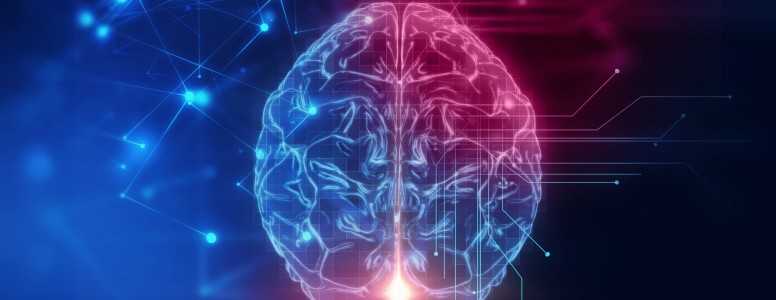Fasting can boost brain function by increasing levels of a protein that promotes neuron growth, new research has revealed.
The findings have implications for the prevention and treatment of age-related neurodegenerative disorders that are associated with type 2 diabetes, like Alzheimer’s disease.
Mark Mattso, a neuroscientist at the National Institute on Aging, led new research that compared brain activity and neurochemistry in mice placed on an every-other-day diet or eating normally.
Mattson has done a lot of research on cellular and molecular mechanisms underlying neurodegenerative disorders. He also studied extensively how fasting may boost energy levels in neurons and help the brain resist disease.
His earlier work suggests that fasting represents a challenge to the brain that triggers the release of chemicals promoting higher efficiency and growth of neurons. Undertaking vigorous exercise or thinking tasks can also have this effect.
In the new research, he makes light of one particular chemical change that likely gives neurons more energy and enhances connections to other neurons.
Mattson and his team found that mice that fasted showed a 50 per cent increase in a brain chemical called brain derived neurotrophic factor (BDNF), which is induced by an increase in the ketone body beta-hydoxybutyrate while burning fat during fasting.
BDNF is known to promote the production of new neurons from stem cells, a higher connection between neurons, and the strengthening of synapses. Previous research suggests that a reduction of BNDF levels is a common feature of Alzheimer’s disease.
The fasted mice displayed increased alertness and activity in brain regions involved in memory and learning along with the increase in BDNF.
The cognitive benefits of fasting may stem from an increase in the number of mitochondria in nerve cells prompted by increasing BDNF levels. A deficit or dysfunction in brain mitochondria has previously been associated with neurodegeneration.
Raising the number of mitochondria in neurons may boost their ability to form and maintain synapses, and thereby potentially increase learning and memory ability.
Although these results in mice are promising, further research is needed to determine whether fasting can exert similar benefits for the human brain.
The research has been presented at the Society for Neuroscience’s annual meeting.
What's new on the forum? ⭐️
Get our free newsletters
Stay up to date with the latest news, research and breakthroughs.


